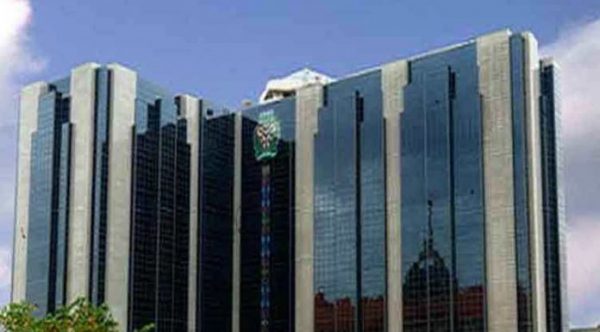 The Central Bank of Nigeria (CBN) has kept all its monetary policy tools steady, including the benchmark interest rate at 13.5 per cent after a surprise 0.5 per cent point cut two months ago. It also retained all the other parameters around the Monetary Policy Rate (MPR) namely the asymmetric corridor of +200/-500 basis points as well as the cash reserve and liquidity ratios at 22.5 per cent and 30 per cent.
The Central Bank of Nigeria (CBN) has kept all its monetary policy tools steady, including the benchmark interest rate at 13.5 per cent after a surprise 0.5 per cent point cut two months ago. It also retained all the other parameters around the Monetary Policy Rate (MPR) namely the asymmetric corridor of +200/-500 basis points as well as the cash reserve and liquidity ratios at 22.5 per cent and 30 per cent.
During its Monetary Policy Committee (MPC) which held between Monday and yesterday in Abuja, the CBN Governor, Godwin Emefiele, said: “As in the past, the committee considered the options of whether to be more accommodative, tighten or hold its position. It felt that although the slight inflation uptick should result in tightening, it nevertheless felt that doing this will limit the ability of DMBs to increase credit at this time, given the need to support or redirect the focus of DMBs to new credit in support of consumers, mortgage and other priority sectors of the economy, including, SMEs, agriculture and manufacturing.
“ It also felt that given the fragile state of the economy, increasing the cost of credit would further diminish investment flow and impact negatively on output growth. “As regards loosening, some members felt that it was desirable to aggressively stimulate growth, restart the capital market activities and increase lending at lower rates which would ultimately stimulate domestic aggregate demand. Those against loosening felt that given that there was a marginal increase in headline inflation for April 2019, there is need to restrain from loosening in order not to exacerbate inflationary pressures. They also felt the economy would experience liquidity surfeit and without corresponding increase in real sector output, inflationary pressures could be elevated, resulting in likely exchange rate pressures.”
He added: “ As for members, who favoured a hold position, maintaining monetary policy rate at its present level was essential for better understanding of the momentum of growth before determining any possible modifications. They also felt that retaining the current policy stance provides an avenue for evaluating the impact of the hank’s intervention policies to support lending to the priority sectors of the economy.”

Emefiele said the MPC called for a close monitoring of the uptick in inflationary pressures last month, driven largely by food shortages during the Easter festivities, commencement of the planting season as well as persisting security challenges in some of the food-producing regions of the country and urged the relevant authorities to strengthen efforts to address the security challenges and improve food production.
The apex bank encouraged financial institutions to ensure that loans to the agricultural sector were channelled effectively to end-users.He revealed that the committee welcomed the improvement in financial soundness indicators (FSIs) but noted that though the Non-Performing Loan (NPL) ratio moderated, it however remained above the prudential benchmark.
Besides, the National Bureau of Statistics (NBS) had on Monday reported a 0.38 per cent decline in growth from the fourth quarter of 2018, just few days after inflation rate suddenly moved up to 11.37 per cent from 11.25 per cent in March.The two developments, which occurred simultaneously, with varying economic implications, have already created policy dilemma, because the solution to one is counterproductive to the other, requiring a well thought-out decision.
The Head of Research at FSDH Merchant Bank Limited, Ayodele Akinwunmi, said given the economic situation and the decision, CBN may continue to use sale of government securities to influence yields and rates in the money market, adjudged costly. An economist, Bismarck Rewane, said several things had worked against the economy within these periods, including the usual seasonal challenge, electioneering and the lack of catalysts to boost growth drive, particularly the disharmony between monetary and fiscal policies that fostered investment uncertainties.The Director-General of the Lagos Chamber of Commerce and Industry (LCCI), Muda Yusuf, stated that the private sector was not surprised that the parameters of the monetary policy did not change.
 MMS PLUS NG – Maritime, Aviation, Business, Oil and Gas News Online Newspaper with coverage in Maritime, Oil and Gas, Aviation, Power and Energy as well as Financial News
MMS PLUS NG – Maritime, Aviation, Business, Oil and Gas News Online Newspaper with coverage in Maritime, Oil and Gas, Aviation, Power and Energy as well as Financial News









